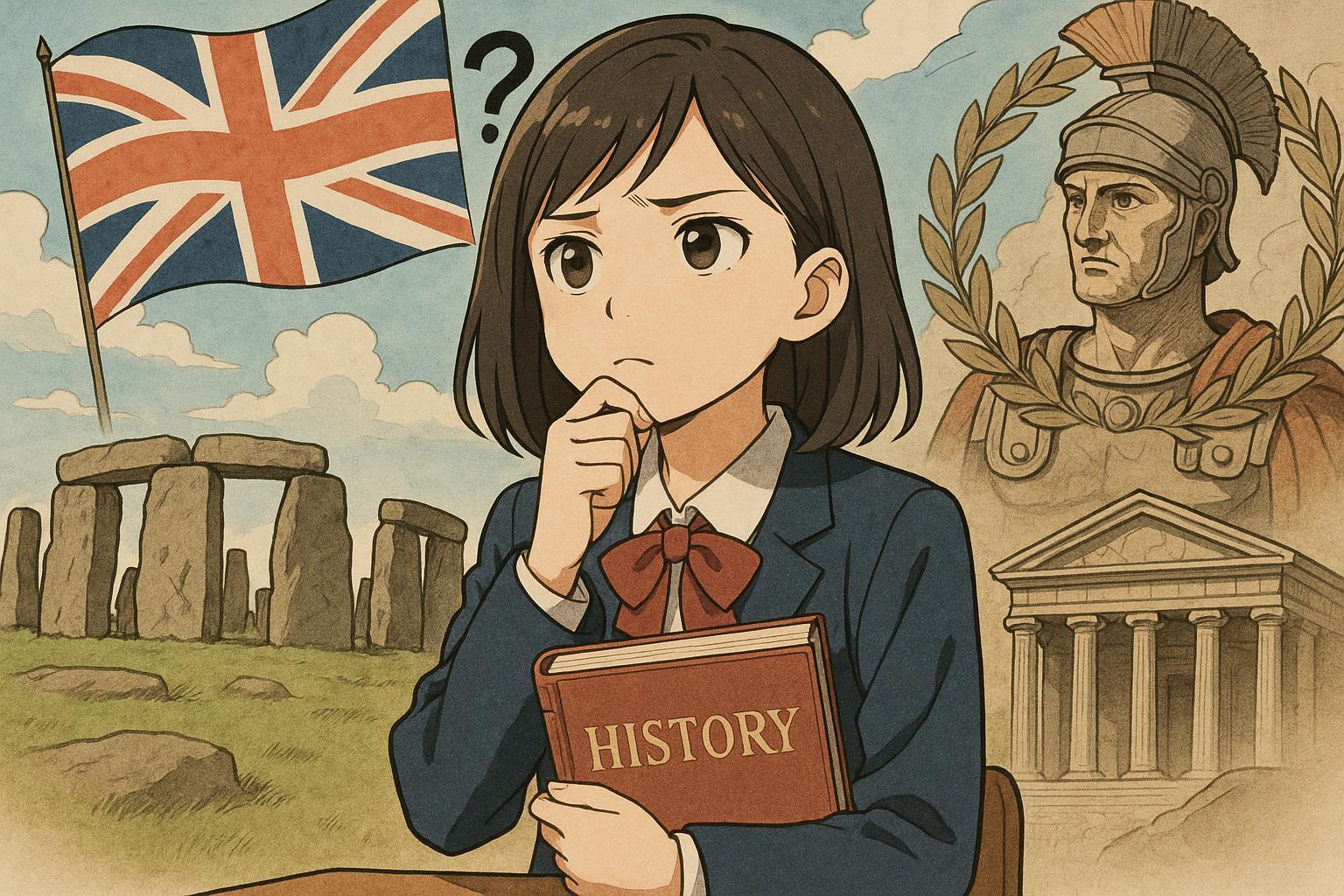Concerns are growing over the way history is being taught in British schools, as a recent investigation highlights the infiltration of what some critics describe as “woke narratives” into the curriculum. According to a report by think tank Policy Exchange, children are being exposed to contentious claims about key historical events and figures, such as the assertion that Stonehenge was built by black individuals and that Emperor Nero married a trans woman.
The report underscores a profound shift in educational materials following the Black Lives Matter protests, particularly in the wake of George Floyd’s death in 2020. Many educators and institutions have sought to diversify history curricula, aiming to present a more inclusive perspective. However, the investigation argues that this effort has, in some cases, strayed into the realm of presenting speculative or contested interpretations as established fact. Former history teacher Chris McGovern, chairman of the Campaign for Real Education, expressed his concern, stating that the subject of history is viewed as a vehicle for shaping contemporary views of national identity.
Among the materials flagged is Brilliant Black British History, a children’s book by Atinuke, which posits that Britain was primarily inhabited by black people for over 7,000 years prior to the arrival of white settlers. This claim includes the controversial assertion that black Britons constructed the iconic Neolithic monument, Stonehenge. Such statements have prompted pushback from historians, who caution against what they term the potential spread of misinformation in educational contexts. Historians argue that while it is important to acknowledge the contributions of various ethnicities to British history, presenting claims lacking robust evidence could misguide young learners.
The inquiry also spotlighted another educational resource that suggests Nero’s marriage to Sporus, a young boy who underwent forced castration, qualifies as a trans marriage. However, critics argue that this interpretation fails to encapsulate the complexity of historical facts, glossing over the troubling context of coercion involved in Nero's actions. This simplification glosses over the intricacies of ancient Roman society and the power dynamics at play.
The report has raised questions about the government’s current curriculum review, which aims to reflect societal diversities. Some scholars and educators view this initiative as potentially redundant, given that schools are already endeavouring to incorporate a broader historical narrative. Lord Blunkett and former Education Secretary Nadhim Zahawi support the call for a more balanced overview of British history, suggesting that imparting a comprehensive understanding of both triumphs and tragedies is paramount.
A spokesman for the Classical Association, involved in some of the controversial teaching resources, asserted that the content they produce is multifaceted, acknowledging that historical interpretation varies. In contrast, a spokesperson for the Department for Education affirmed that the ongoing review is focused on ensuring students have access to a well-rounded and balanced curriculum.
As debates continue about how best to represent history in education, the tension between inclusivity and factual accuracy remains palpable. Experts warn that overly inflexible narratives could undermine students’ understanding of historical contexts, leaving them with a skewed perception of the past. The concern is not merely academic; it taps into deeper issues of national identity and how future generations will conceive their collective history.
Source: Noah Wire Services
